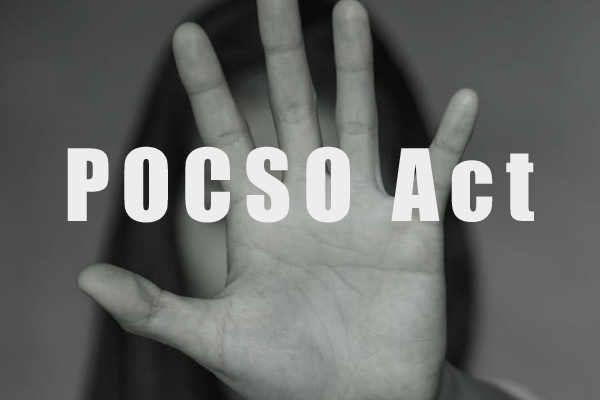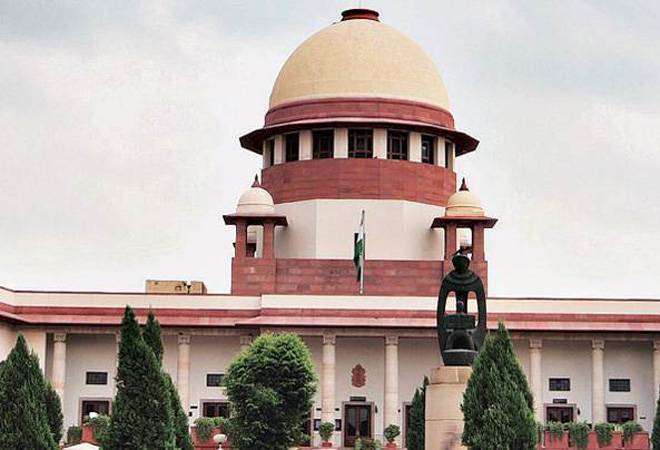
POCSO accused's released on marriage ground
The couple has two children, and the court noted that it will affect both of their lives if the FIR is not annulled.
After noting that the man had married the victim and had two children with her, the Delhi High Court recently quashed a first information report (FIR) against him under the provisions of the Prevention of Children from Sexual Offences Act, 2012 (POCSO Act) and Section 376 (rape) of the Indian Penal Code (IPC).
The couple was in a relationship despite the girl's family's opposition, and the minor girl gave her assent to any sexual interactions, according to Justice Rajnish Bhatnagar, who then issued the ruling.
The Court noted that "immature acts and uncontrolled emotions of two persons, out of whom one was a minor on the verge of majority at the time of incident" were the cause of the "mistake or blunder" that was committed.
The father will have to serve at least ten years in prison, according to the court, which will have a severe effect on the couple's and their kids' lives if the FIR is not quashed.
According to the state, the error or gaffe, which would ordinarily be considered an offense, was caused by the immature behavior and uncontrollable emotions of two people, one of whom was a minor at the time of the occurrence and on the edge of becoming an adult. The future of two families will be at risk as a result of the petitioner's prosecution and conviction, the Court stated. In contrast, if the impugned FIR is quashed, it will further the goals of justice and provide happiness to both the families as well as two small children.
The father of the young girl submitted a complaint, which led to the filing of the formal complaint in 2017. The girl told the police that she had a consensual sexual connection with the accused and that they were married at a Meghalayan hotel.
The two children of the marriage were one year and five years old.
Judge Bhatnagar stated, after reviewing the case's facts, that although Section 320 of the Code of Criminal Procedure (CrPC) prohibits the compounding of Section 376 IPC and Section 6 of the POCSO Act, Section 482 CrPC grants the High Court unrestricted authority.
"If necessary, based on the particular facts and circumstances of the case, it [the High Court] may utilize its inherent powers under Section 482 Cr.P.C. to quash FIRs and criminal prosecutions, either to further the interests of justice or to prevent the abuse of the legal system. The Court decided that this authority may even be used in situations where the parties have come to an agreement among themselves, but the violations are not compoundable.
As a result, it dismissed the FIR.
Your free access to Supreme Law News has expired
For further details contact:
Dr. Ajay Kummar Pandey
( LLM, MBA, (UK), PhD, AIMA, AFAI, PHD Chamber, ICTC, PCI, FCC, DFC, PPL, MNP, BNI, ICJ (UK), WP, (UK), MLE, Harvard Square, London, CT, Blair Singer Institute, (USA), Dip. in International Crime, Leiden University, the Netherlands )
Advocate & Consultant Supreme Court of India, High Courts & Tribunals.
Delhi, Mumbai & Dubai
Tel: M- 91- 9818320572. Email: editor.kumar@gmail.com
Website:
www.supremelawnews.com
www.ajaykr.com, www.4Csupremelawint.com
Facebook: /4Clawfirm, /legalajay Linkedin: /ajaykumarpandey1 Twitter: /editorkumar / YouTube: c/4cSupremeLaw Insta: /editor.kumarg
Telegram Channel
Whatsup Channel











